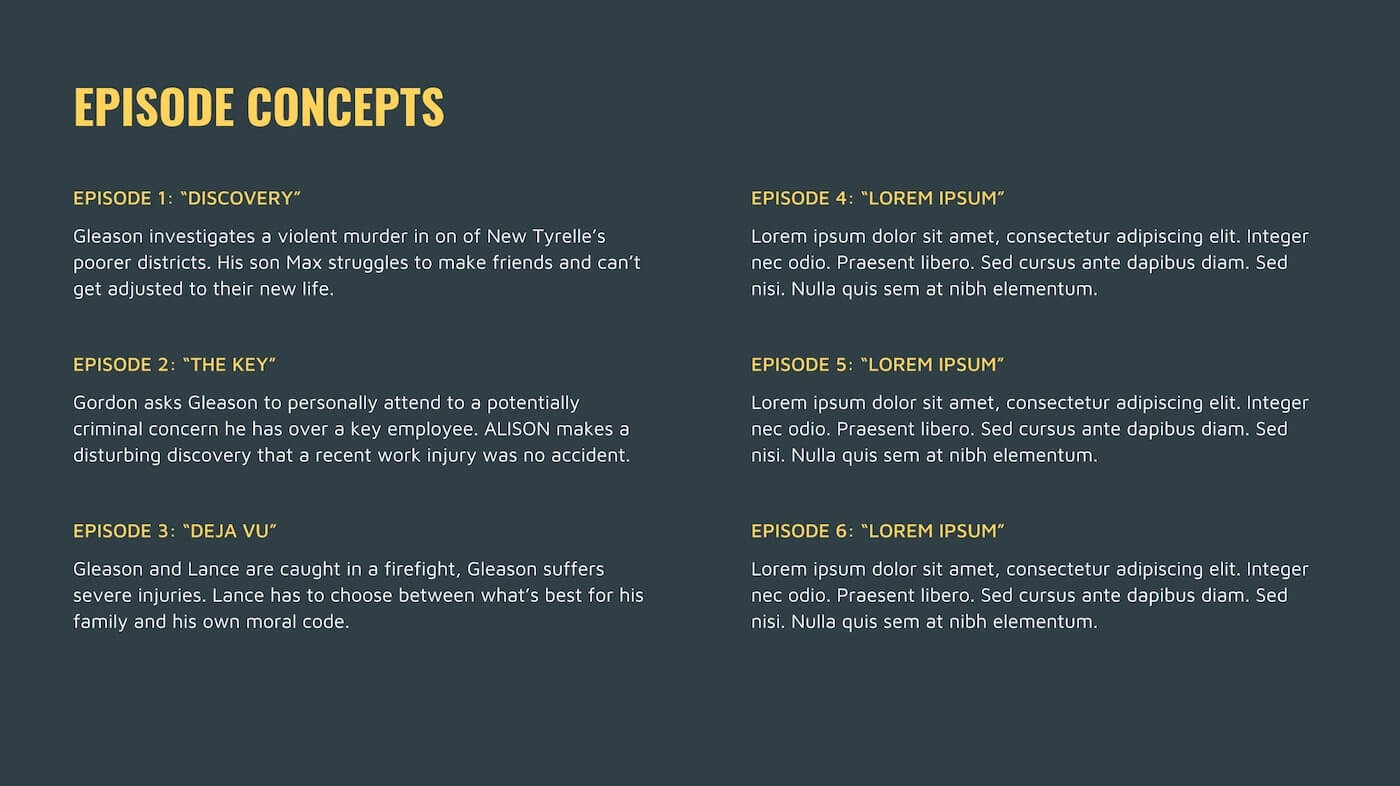

No studio wanted to find itself developing a story they already owned - or had already produced! Was it a period piece? A drama? A comedy? What was the main story driver? Because these notes were created for quick reference purposes, the loglines had to be short and concise while also being sufficiently descriptive. Along with the working title, director, and star(s), they’d include a short description of the movie’s topic or premise. The term “logline” dates back to the earliest days of motion picture production when studios kept physical “logs” of all the films they owned or had in production. You’ll still find such thumbnail summaries on the “Info” page every time you choose an episode to watch on Netflix, Hulu, Amazon Prime, or other streaming service. Loglines have often been compared to TV Guide summaries, those thumbnail episode descriptions that traditionally accompanied program listings in that venerable coffee table-top mini-magazine.

Usually, a logline establishes a character - the protagonist - and the central problem or challenge he/she faces. In Hollywood-speak, a logline is a one- or two-sentence-long description of a story’s dramatic premise. Meet the Logline When people ask “What’s it about?”, what they’re looking for is a logline. And not just because being able to answer the question “What’s it about?” is important when it comes to selling your script it’s just as important when it comes to writing your script in the first place.
#Logline for tv shows professional
Your ability to answer the question “What’s it about?” in a way that is concise, compelling and evocative will factor significantly into your future as a professional screenwriter. And it doesn’t matter if the person asking is a lowly production company reader, an A-list actor or Bob Iger. It doesn’t matter if you’ve written a screenplay, a TV pilot or even a six-minute web episode. throwing up all five will probably get you less of a response.That’s the first question everyone asks when being pitched a script. since there will be tons of people asking for logline advice, only ask for opinions on the loglines you truly care about.

And if I haven’t gotten to your loglines yet, be patient. We’re going to have to do another post on what makes a good idea, but hopefully I can cover some of that this Thursday. I’ve seen some writers freak out about wording their loglines just right when the logline isn’t the problem.

And in the rare case that the readers tell you I’m nuts and the idea is good, discount my opinion. If you’re freaking out about your low scores, share the loglines here and ask others what’s up.
#Logline for tv shows series
Why? I’ll get more into that with Thursday’s article, but basically, many of these loglines are too ambitious (A man goes to 7 galaxies to procure DNA from seven different alien species to save his wife), too vague, too bland (A mobster kills his victim and must dispose of the body within 24 hours), don’t contain a movie-level hook (Two best friends join a dating service but then fall in love with each other), have zero irony, elements are too disconnected (A flower shop owner learns he’s going to die in six hours so he decides to run a marathon for the first time in his life), go on forever (way too many wordy loglines that go on and on and on – be quick and succinct), or a series of other things. The average score I’ve been giving the loglines I’ve received is a 4. Now a lot of you are probably freaking out. The last logline post got too big so instead of doing Amateur Offerings, I’m going to start a new one.


 0 kommentar(er)
0 kommentar(er)
